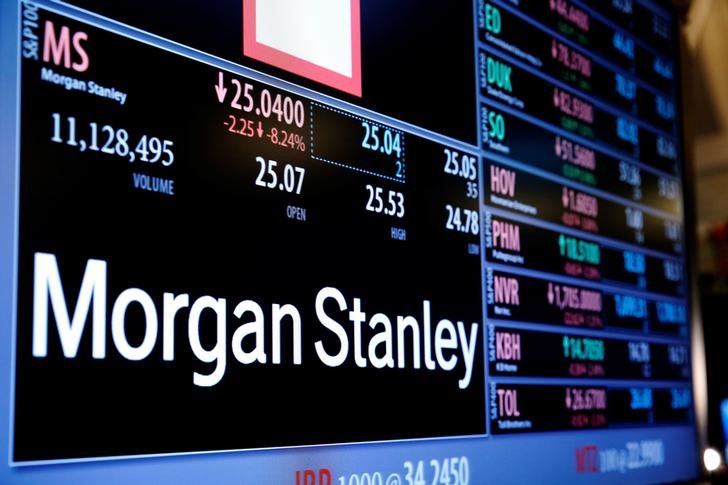The past few weeks have been eventful, marked by President Biden's weak debate performance, an assassination attempt on former President Trump, and Biden's announcement that he would not seek another term. In response, Vice President Harris quickly declared her candidacy and secured the necessary delegate support to become the presumptive Democratic nominee.
According to Morgan Stanley strategists, the upcoming election is “back to looking like a close race, so get comfortable again with outcome uncertainty and the impacts of multiple scenarios.”
In the week since President Biden announced he would not seek another term, several high-quality polls have emerged, indicating a much more competitive race than previously expected.
National polls show Vice President Harris either slightly behind or ahead of former President Trump. Although fewer swing state polls are available, they similarly position Harris competitively, with only a slight deficit in key states.
As a result, prediction markets have largely reset to pre-debate probabilities, reflecting a wide array of possible outcomes. Trump's win probabilities have reverted to 60% from a high of nearly 75%, and the likelihood of a Republican sweep has decreased to around 35% from over 50%.
Vice President Harris’s policy positions appear to align closely with Biden’s on key issues important to markets, Morgan Stanley strategists highlighted.
During her 2020 presidential primary campaign, her views on healthcare and tax policy were more aligned with Biden’s than with most other contenders. Even if there are differences, the specifics of any legislation in a Democratic win scenario will likely depend on Congress's makeup, strategists added.
Regarding executive actions, such as tariffs, her positions are expected to be similar to Biden’s, given her role in his administration.
"This may mean less change in the macro outlook but it implies some notable equity sector impacts," noted the strategists.
They pointed out that "energy and telecom are among the industries that could be relatively worse off under Democrats’ plan to extend expiring tax breaks, but clean tech could do better as clean energy appropriations under the Inflation Reduction Act (IRA) would have more protection."
Morgan Stanley believes that market moves based on existing fundamentals could be further energized due to the upcoming election.
For instance, their US rates strategy team predicts a steeper yield curve driven by lower yields in shorter-maturity bonds, supported by the view that easing inflation could pave the way for Fed rate cuts this year.
"Such a market move could be boosted by, but does not require, market expectations of a Republican win leading to higher tariffs and related growth pressures," they added.
Post-election, the policies set in motion will significantly impact markets, particularly Treasuries, the US dollar, and key corporate sectors, depending on the election outcome.
